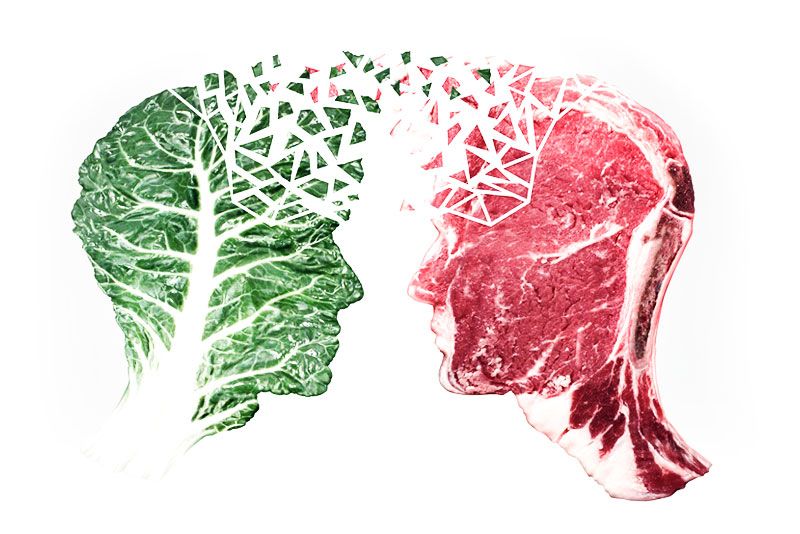
Protein: Understanding the importance and establishing your protein goal
Protein is always a contentious subject with varying opinion on how much and what forms of protein we can or should be eating. In this article we are going to look at why protein is important and giving you some guidance on how much protein might be right for you.
Why you need Protein
What we know for sure is that protein is important and without adequate protein intake imbalance and disease can occur. Also without optimal protein intake chronic health symptoms as well as mental and physical performance will suffer.
Protein is required to produce things like hormones, brain chemicals and immune molecules. It is involved in the regeneration of cells something that underpins all organs and systems in the body; as a result protein deficiency or even insufficiency can lead to almost any symptom you can think of.
Early stage insufficiency signs and symptoms include reduced health of hair, skin and nails, inadequate training recovery, ongoing muscle soreness or fatigue and reduced immune function.
When protein intake is chronically low or protein is being poorly absorbed our body will often utilise its own protein stores. Examples include our own muscle tissues and even as an example the proteins that make up our intestinal barrier, leading to digestive troubles and an increased sensitivity to foods; perhaps reacting to foods that you never before reacted to.
Interestingly the more you train the higher the importance of preserving muscle tissue, as a result the body will prioritise holding muscle tissue and sacrifice tissue elsewhere often at the detriment to ones health. On the flip side adequate protein is well established in supporting metabolism, helping with weight management goals, satisfying hunger, improving energy, enhancing recovery and immune function.
How much protein should I eat?
How much protein you need to eat really depends on what your physical demands. There is no single blanket recommendation that suits everyone, so use my recommendations as a guide but don’t be afraid to tweak if needs be.
Some of the main considerations when it comes to protein intake include:
- Current activity levels
- Your height, weight & muscle mass
- Levels of stress
- Physical injury or trauma
Below are some guidelines based upon your body weight, however if you are holding a little too much body fat you may want to do these calculations based upon your goal body weight rather than current body weight.
Below also assumes that there is no significant stress going on or acute trauma/injury that may increase demands for protein.
If you don’t move much
For sedentary individuals who are not actively trying to lower body fat levels meeting your protein requirements should be relatively easy. A goal of around 0.8 to 1.2g per kg of bodyweight is generally sufficient. That means a 60kg female may want around 60g of protein per day and a 80kg male around 80g of protein per day (based upon bodyweight in kg x 1.0).
Moderate movers
Exercise will increase protein demands. Those involved in moderate levels of training (a few training sessions a week), may only need to increase their protein intake to more like 1.2-1.6g per kg of body weight or goal body weight.
So a 60kg female that equates to around 85grams per day and for an 80kg male around 110grams per day (based upon bodyweight in kg x 1.4).
Very Active individuals & Fat Loss
If you’re training multiple times a week and perhaps even multiple daily sessions the likelihood is that you will need higher levels of protein. A protein goal of around 1.6-2.2g per kg of bodyweight has been shown to be beneficial in more highly trained individuals.
As a side note, those with weight loss goals should also typically aim for this type of range irrespective of training volume. Higher protein intake while other macronutrients are lower will help assist with muscle preservation and support metabolism.
For a 60kg female that equates to around 115grams per day and for an 80kg male around 170grams per day (based upon body weight in kg x 1.9). Once you have your protein goal you can then look at planning out how to reach that goal based upon your eating preferences.
Take a few seconds to calculate your own potential protein goal or range of protein you might want to consume daily. Once you have that you can explore the following article looking at what foods to eat to reach your protein goal and some of the myths surrounding protein.

















